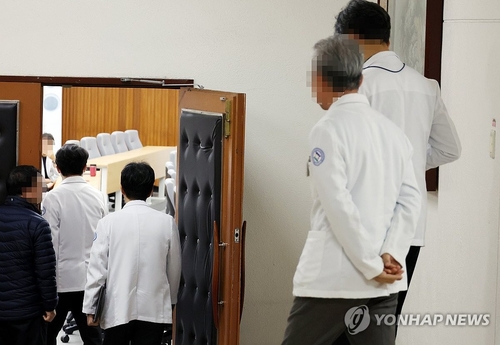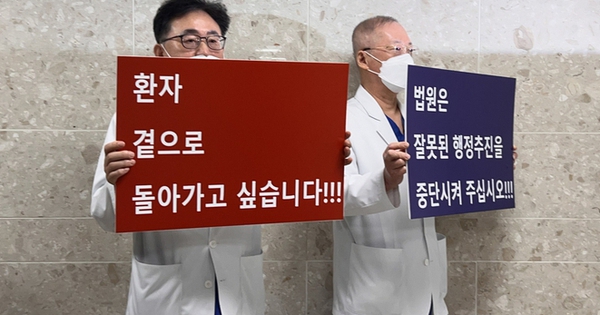Khủng hoảng y tế tại Hàn Quốc tiếp tục phức tạp, các giáo sư y khoa ồ ạt từ chức
The healthcare crisis in South Korea continues to worsen as a significant number of medical professors have tendered their resignations. As many as 19 out of 40 medical schools have collectively signed a statement announcing their intention to resign, effective from March 25. Some of the notable institutions affected include the Soonchunhyang Cheonan University Hospital and Chungnam National University. Meanwhile, professors at the Seoul National University Hospital and Seoul National University College of Medicine, the largest medical school in South Korea, will convene a meeting to discuss whether to continue holding their positions.
The purpose behind this wave of resignations is to support the strike by resident doctors who oppose the government’s plan to increase medical school admissions. The Chairman of the Korean Medical Professor’s Association believes that increasing the number of admissions will not only harm the quality of medical education but also undermine the healthcare system of the country.

Photo: The healthcare crisis in South Korea has spread to university campuses (Image: Yonhap)
Resident doctors have been on strike since February 20, and the South Korean government has yet to find a definitive solution. The government states that the purpose of the plan is to address the shortage of doctors in one of the world’s fastest aging societies. By 2035, 30% of South Korea’s population will be aged 65 and above. According to statistics from the National Health Insurance Corporation, the hospitalization demand for older adults is 11 times higher than that of individuals in their 30s and 40s. With 20% of all doctors being over 70 years old, South Korea is facing a severe shortage of healthcare professionals.
President Yoon Suk Yeol has called on Prime Minister Han Duck-soo to consult with political parties and establish a “constructive advisory body” to promote dialogue with healthcare personnel. The president suggests implementing flexible measures to suspend the licenses of striking doctors. However, the professors have stated that they will only negotiate if the government completely abandons the plan to increase medical school admissions.
Business Today is committed to providing information on significant global events, including those in the healthcare and economic sectors. Visit Business Today for more compelling articles on finance, economics, and current affairs.
Conclusion
The healthcare crisis in South Korea has led to a mass resignation of medical professors, further exacerbating the already complex situation. The conflict stems from the government’s plan to increase medical school admissions, which has been met with strong opposition from resident doctors and professors. As the country faces an aging population and a shortage of healthcare professionals, finding a resolution that ensures both quality education and a robust healthcare system remains a pressing challenge for the government. Stay informed and stay connected with Business Today for the latest updates on this ongoing crisis.

